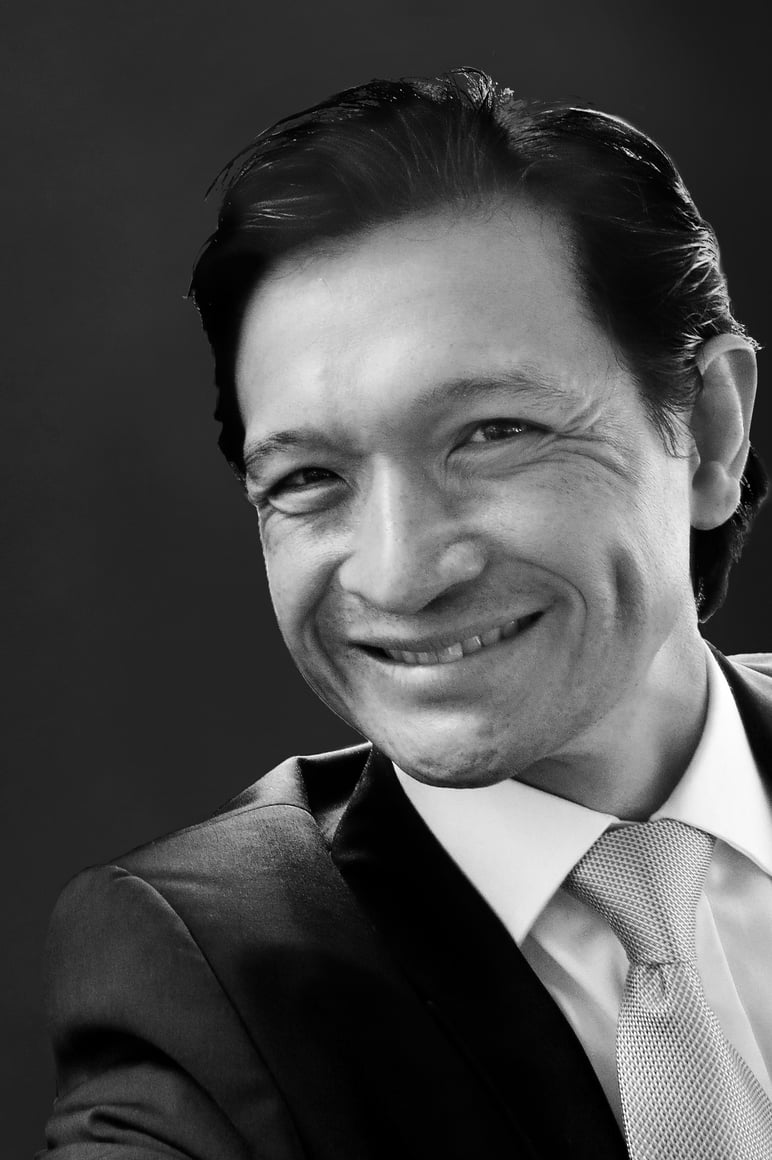
Let us into Canada or give us C$5m, axed investor migrants demand
How much is a Canadian passport worth?
The notion that a dollar value can be placed on citizenship will be anathema to many, but it was one of the key considerations that led the government in Ottawa to announce last month that it was axing the controversial immigrant investor programme.
The scheme granted wealthy families residency and the later option of applying for citizenship in exchange for loaning the Canadian government C$800,000 interest free for five years. The vast majority of applicants in recent years have been mainland Chinese.
Assuming an annually compounding yield of 2.5 per cent, and an average family unit of three per application, the C$800,000 outlay amounts to a rather modest C$35,000 per passport. In the words of the government, the programme was “significantly undervalued”.
That’s putting it mildly.
So instead, how does C$5 million sound?
That is the amount of compensation being sought for would-be immigrant investors by Toronto lawyer Tim Leahy. His mostly-Chinese clients were among the 65,000 applicants whose bids for Canadian residency are being axed, along with the scheme.
Leahy, whose case before federal court will be heard on June 4, admits that his clients stand no chance of seeing that C$5 million, though the demand is serious. Instead, his strategy is to use the threat of payouts as a “cudgel” to get Citizenship and Immigration Canada to process his clients’ visa applications.
“CIC will not agree to compensation,” Leahy admitted. “It’s a very audacious request.”
So how did he arrive at C$5 million as appropriate alternative compensation for each applicant and dependent? “I tried to come up with a figure that would be big enough that immigration would rather issue the visa than pay the funds,” he said.
The judicial review sought by Leahy asks Judge Mary Gleason to order CIC to assess his clients’ applications or pay up. “The court will not order the minister to do something that is discretionary,” Leahy said. “They won’t order him to say ‘for public policy reasons I will do something’. So I want to give them [the courts] the cudgel.”
Leahy has said he is appealing against the suspension for failing to co-operate with an investigation by the society, which oversees the legal profession in Ontario. In any event, the suspension has long since expired and Leahy has regained his status as a practising member of the society.
He is charging clients who join the judicial review (they have until the end of this month) an up-front fee, with a similar amount payable should the review prove successful. The total fees are in the four-figure Canadian-dollar range.
Not everyone is a fan of Leahy’s tactics, or the publicity his judicial review has received. Toronto barrister Cecil Rotenberg, whose clients include immigration services and other lawyers, wrote to the South China Morning Post to complain that “there has been no dumping or termination [of the visa applicants] yet as alleged, but merely a statement of intention”. That is because the government’s decision only goes into effect with its passage into law, which is expected in summer (the Conservative government of Prime Minister Stephen Harper enjoys a rock-solid parliamentary majority).
”Our immigration lawyers are waiting to see whether there will be a legislative termination and if so, the nature and extent of the regulations and what cases will be grandfathered or exempted,” Rotenberg said in his letter.
In an interview, Rotenberg said he took exception to Leahy charging people to join a case that he believed to be futile.
“Leahy’s litigation means very little if anything. If there had been no termination [of the scheme] then Leahy’s case would be very proper. But since they announced the termination it seems that the processing of these applications becomes moot.”
He added: “It doesn’t matter how small the amount of money is, the question is the effect. I don’t like to collect money on a false hope.”
Hysterical or not, about 200 applicants, most of them mainlanders, have now signed up to the lawsuit. And more are joining every day, Leahy said.
The Hongcouver blog is devoted to the hybrid culture of its namesake cities: Hong Kong and Vancouver. All story ideas and comments are welcome. Connect with me by email [email protected] or on Twitter, @ianjamesyoung70.

